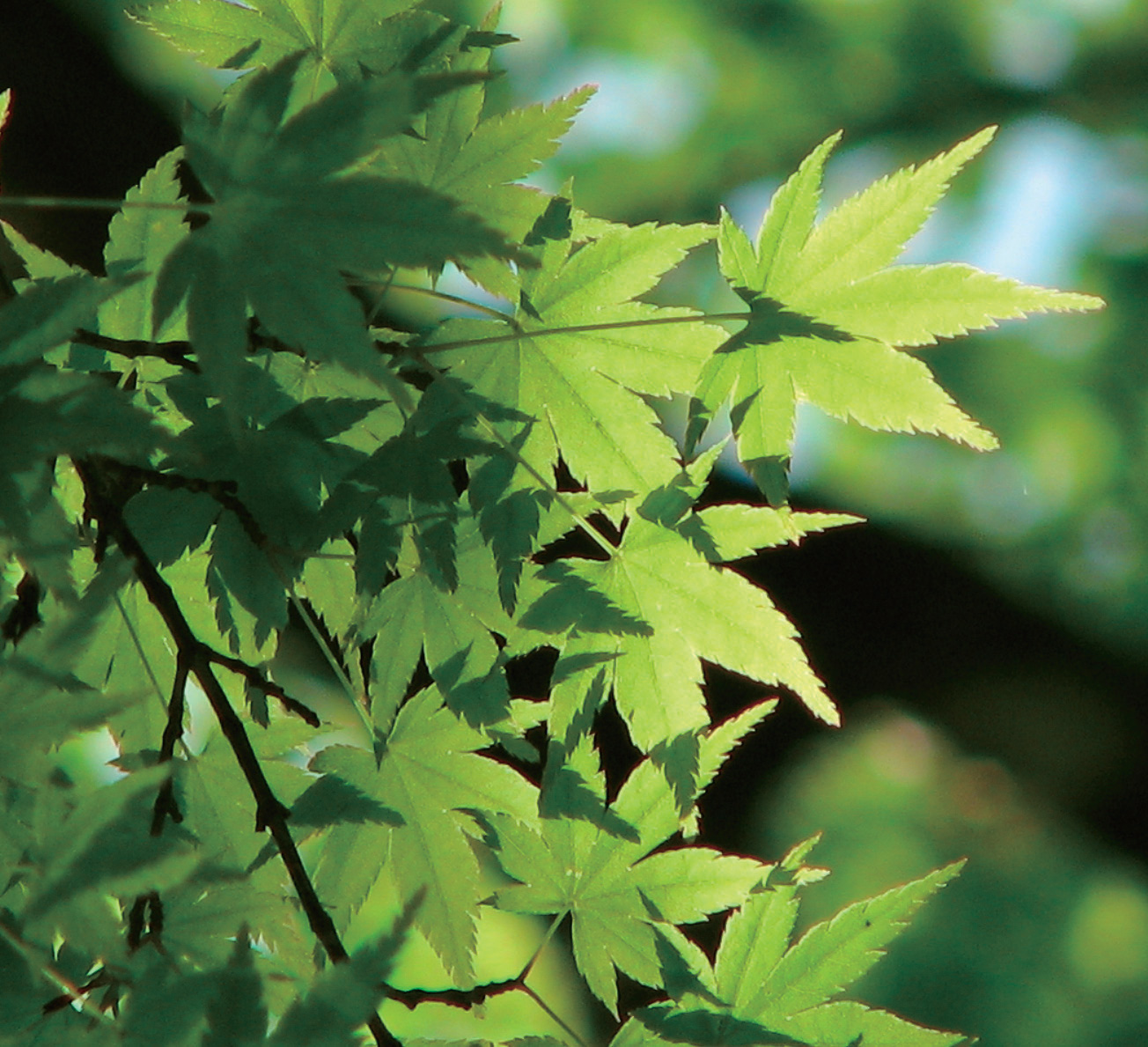by Ian de Stains
The gardeners are out in force along the riverbank and the air is heady with the scent of freshly-cut grass. I am taken by surprise in an almost Proustian reaction, and in an instant I am back some 43 years to my classroom at school, where the sports fields are being tended and the cricket pitch rolled flat. The windows are open, it is unusually hot and sunny, and the scent of the grass fills the room. The A-level examinations are all behind me and I am in the last few weeks of secondary school. Beyond the chasm of the summer holidays, a new life waits—as yet I do not know what it will be—yet my excitement is somewhat dulled by the realization that I shall be saying goodbye to a place where I have been extremely happy.
I was extremely lucky, too. I am of a generation in the UK in which children were assessed in the (since much vilified) 11+ examination, which decided who should go to the state-run secondary schools and who should go to the somewhat more exclusive grammar schools, also state-run but then seen as an almost certain step toward a university education. I had not expected to pass. I did not like, and was not happy in, my primary school, in large part due to the bullying of the headmaster, an odious and odiferous man who took pleasure in mocking my ‘funny’ (read foreign) family name and my inability to solve problems of mental arithmetic that to this day make no sense whatsoever; mental indeed!
But encouraged by my parents, pass I did, and progressed in my splendid new uniform to the grammar school a few miles from home to discover an entirely different world; a world in which the teachers seemed exotic (the headmaster wore an academic gown) and the subjects included Latin (compulsory at the time, and I am glad for it). But there was also the school orchestra, lovingly nurtured by William Davies, and the drama, tended with equal devotion by William Hammond; two men who in their own way had a profound influence on my choice of further education (and hence career), and whom I remember now with as much affection as I have scorn for the primary toad.
On one wall in the house hangs a pencil drawing of me at age 15. It was done in as many minutes by my art teacher, Richard Ledley who, crippled with arthritis, grasped his pencil in a most unorthodox way and yet produced drawings of exquisite delicacy. He taught me a great deal about much more than art, and the fact that the drawing hangs there today is more about that than my own narcissism.
Ian de Stains, OBE is the Executive Director of the British Chamber of Commerce in Japan. He is also the author of The Business Traveller’s Handbook to Japan, published by Stacey International and available from Amazon.









